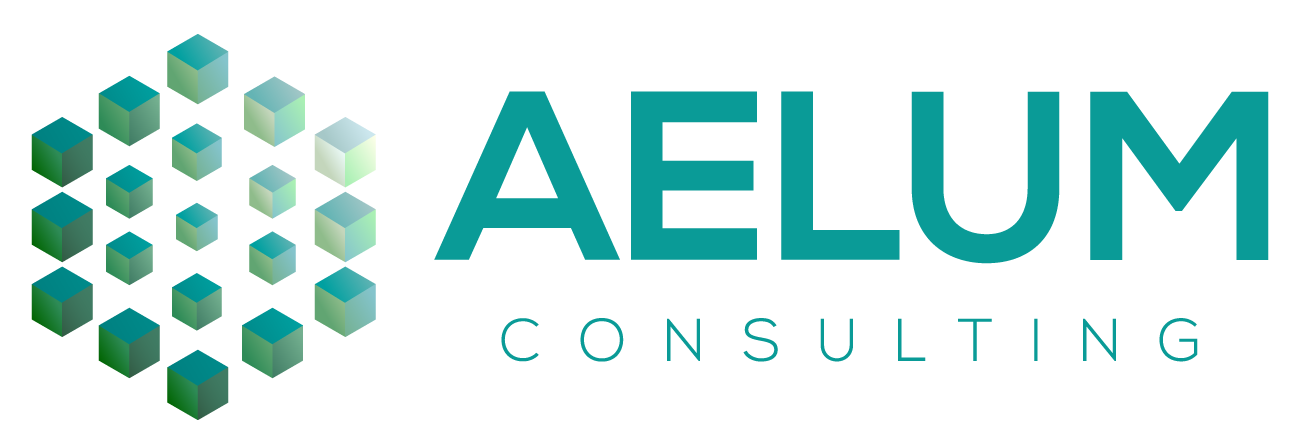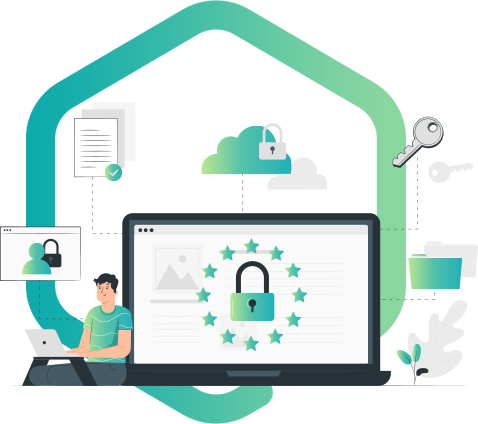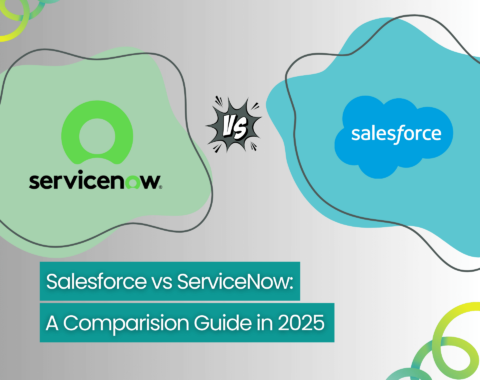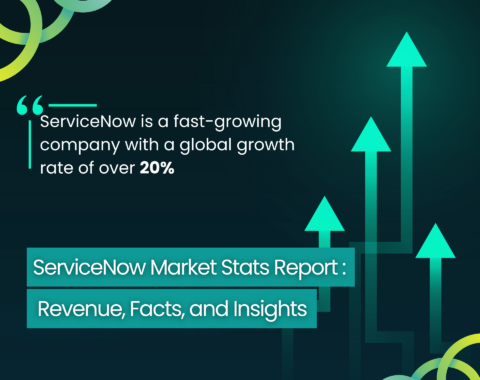Let’s identify and address security risks before they affect your business infrastructure. Aelum uses ServiceNow’s workflows and automation features to enhance your security response time and increase efficiency. With threat intelligence modules, you can automatically discover and prioritize security incidents to prevent service disruptions.
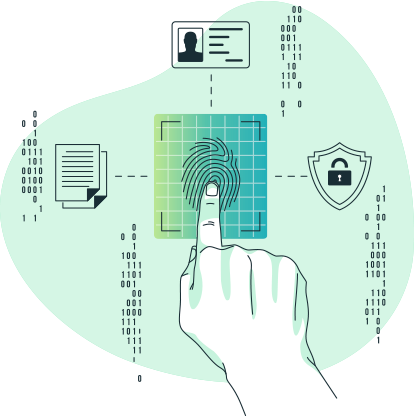
Safeguard Your Business
SecOps and incident response teams play a critical role in safeguarding businesses from constantly evolving threats while supporting digital transformation efforts. However, they often face challenges due to fragmented teams, manual processes, and disconnected tools and data sets. This can result in slower response times and inadequate threat analysis. This is where ServiceNow SecOps comes in.
- You can enhance your security response plan by integrating threat intelligence to expedite remediation efforts.
- Streamline your operations using a unified platform that connects security and IT functions seamlessly.
- Leverage workflows and automation to efficiently manage and monitor your comprehensive IT security strategy.
Secure Your Digital Transformation
-
Achieve Operational Agility
Optimize your incident response with contextual information and AI-powered workflows for efficient resolution. Leverage the power of MITRE ATT&CK to investigate threats thoroughly and close any existing security gaps.
-
Streamline Remediation
Implement a risk-based vulnerability management approach to safeguard your infrastructure and applications effectively. Leverage collaborative workspaces to enhance risk management and streamline IT remediation processes.
-
Predict Vulnerabilities Proactively
ServiceNow SecOps leverages advanced AI capabilities to proactively predict vulnerabilities, utilizing threat intelligence data and scanning applications and services for potential weaknesses.
-
Stay Flexible
We build custom spokes using REST, SOAP, JDBC, JSON, and other protocols to ensure flexibility and support for your unique needs.
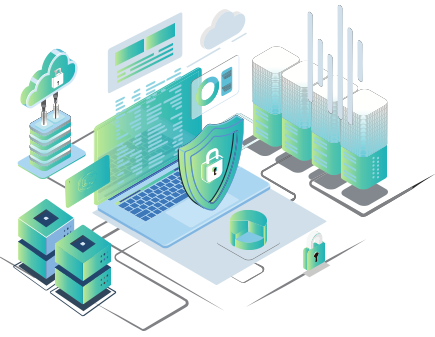
Why SecOps with Aelum?
Avoiding Pitfalls
Our SecOps approach fosters improved team collaboration and communication, bridging the gap between operations and security. Instead of encountering disagreements regarding code and applications during development or after deployment, our SecOps team works in tandem to create a more holistic and unified solution.
Integrate Security Tools
To ensure a well-secured and smoothly running system, we integrate the industry’s best security tools with development tools. With the right automated security platforms, we help you effectively manage security procedures and seamlessly align them with internal SecOps processes.
Agile Implementation
We initiate the program delivery using Agile methodologies and industry best practices. Leveraging our extensive collection of project templates, OCM accelerators, assets, and best practices, we guarantee the delivery of high-quality outcomes. Our approach also emphasizes user adoption to maximize the realization of value.
Continuous Improvement
With evolving cyber threats, it is crucial for organizations to continuously evaluate their security measures and ensure they are effectively managing risks. Our guidance extends beyond implementation, as our SecOps expertise enables you to consistently optimize and adapt your organization to address evolving cybersecurity needs.
Endless Line of ServiceNow SecOps

Security Incident Response
Streamline and automate the process of identifying, assessing, and responding to security incidents effectively.

Vulnerability Response
Proactively detect and remediate vulnerabilities across your IT infrastructure to minimize the risk of potential breaches.

Configuration Compliance
Ensure compliance with industry regulations and internal policies by continuously monitoring and enforcing configuration standards.

Threat Intelligence
Leverage advanced analytics and real-time threat intelligence to proactively identify and mitigate emerging security threats.

Performance Analytics for SecOps
Gain comprehensive insights into your security operations through advanced analytics and reporting capabilities.

DLP Incident Response
Detect, investigate, and respond to data loss prevention (DLP) incidents swiftly, minimizing the impact of sensitive data breaches.
Our Clients
























Frequently Asked Questions
Here are the integration options offered by ServiceNow SecOps, summarized briefly:
- SIEM Integration: Integrate with Security Information and Event Management (SIEM) systems like Splunk, IBM QRadar, and ArcSight for collecting and analyzing security event data.
- Threat Intelligence Platform Integration: Integrate with tools like Anomali, Recorded Future, and ThreatConnect to leverage real-time threat intelligence data for proactive threat detection and response.
- Vulnerability Management Tool Integration: Integrate with tools like Tenable Nessus, Qualys, and Rapid7 to automate vulnerability data ingestion and prioritize remediation efforts.
- CMDB Integration: Integrate with Configuration Management Databases (CMDB) like Microsoft Azure and ServiceNow to access and maintain accurate configuration data for efficient configuration compliance management.
- ITSM Process Integration: Seamlessly integrate with IT Service Management (ITSM) processes for streamlined incident, change, and problem management workflows.
A SecOps center, as described in the provided URL, refers to a centralized hub or command center within an organization that is dedicated to Security Operations (SecOps). It serves as a collaborative and integrated environment where security teams, IT teams, and other stakeholders work together to detect, respond to, and remediate security incidents effectively.
The SecOps center streamlines and optimizes security operations by leveraging advanced technologies, automation, and orchestration capabilities. It is a central point for collecting and analyzing security event data, managing security incidents, and coordinating incident response activities.
The center typically integrates various security tools, technologies, and processes, enabling a holistic and proactive approach to security management.
Here are the reasons why your organization needs SecOps:
- Evolving Threat Landscape: SecOps helps organizations defend against evolving threats like ransomware attacks, phishing attempts, and zero-day vulnerabilities that can lead to data breaches or system disruptions.
- Complexity of IT Environments: With SecOps, organizations can secure complex IT environments consisting of cloud services, on-premises systems, mobile devices, and IoT devices, ensuring comprehensive protection across the entire infrastructure.
- Improved Visibility and Collaboration: SecOps facilitates better collaboration between security teams, IT teams, and other stakeholders, allowing them to share information, analyze security incidents together, and respond effectively to mitigate risks.
- Timely Detection and Response: Through advanced threat detection technologies and automated incident response workflows, SecOps enables organizations to detect security incidents in real-time and respond swiftly to minimize the impact and prevent further damage.
- Compliance and Risk Management: SecOps helps organizations achieve compliance with regulations such as GDPR or HIPAA by implementing security controls, conducting risk assessments, and maintaining proper security protocols and documentation.
AI for security refers to the application of artificial intelligence (AI) technologies and techniques in the field of cybersecurity to enhance threat detection, incident response, and overall security operations. It leverages advanced algorithms and machine learning capabilities to analyze vast amounts of data, identify patterns, and detect anomalies or potential security threats.
Here are the highlights:
- AI for security leverages advanced algorithms to automate the detection and analysis of security threats, enhancing threat intelligence capabilities.
- It enables faster incident response by providing intelligent recommendations to security analysts, helping prioritize and address security incidents effectively.
- AI can identify anomalies and deviations from normal patterns through behavioral analysis, helping detect potential security risks and suspicious activities.
- With predictive analytics, AI can analyze historical data and patterns to anticipate and predict security issues, enabling proactive measures to mitigate risks.
- AI for security continuously adapts security measures by leveraging real-time threat intelligence and adjusting controls and algorithms to counter emerging and evolving threats.
SOAR is an abbreviation for Security Orchestration, Automation, and Response. It is a technology solution designed to streamline and automate security operations and incident response processes.
Basically, SOAR is a SecOps solution that:
- Orchestrates and automates security operations and incident response processes.
- Streamlines collaboration and centralizes incident management.
- Automates routine security tasks for increased efficiency.
- Integrates with threat intelligence to enhance incident prioritization and response.
- Enables faster and more effective incident response through predefined playbooks and automation.
The Cloud Security Alliance (CSA) developed the Consensus Assessments Initiative Questionnaire (CAIQ) as a framework for organizations to assess the security capabilities and practices of cloud service providers.
It helps organizations evaluate vendors, promote transparency, and ensure compliance with security standards in cloud environments.

